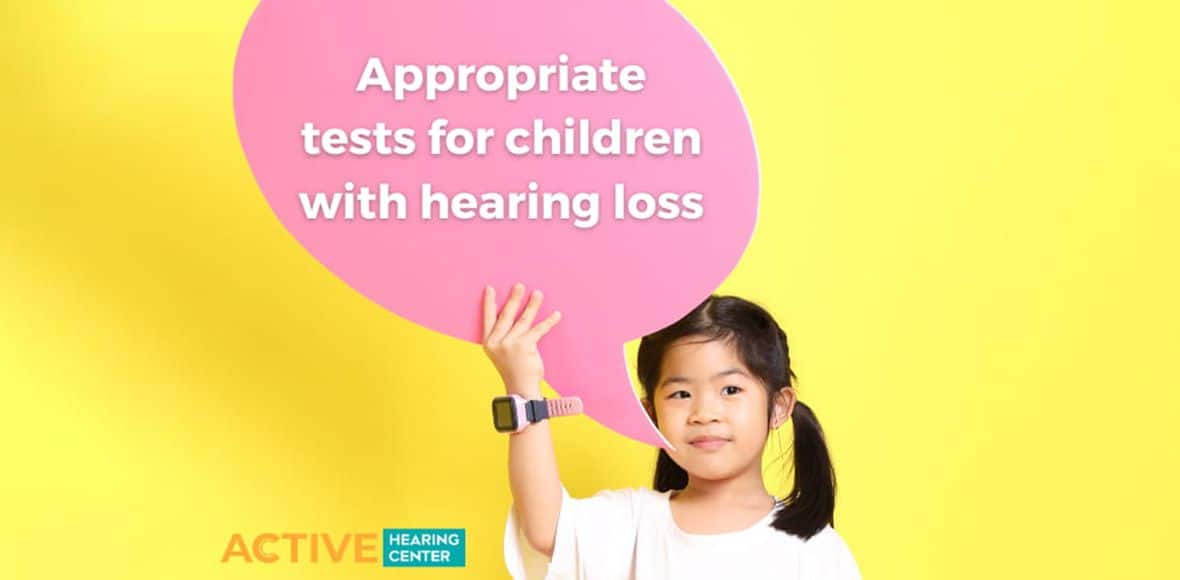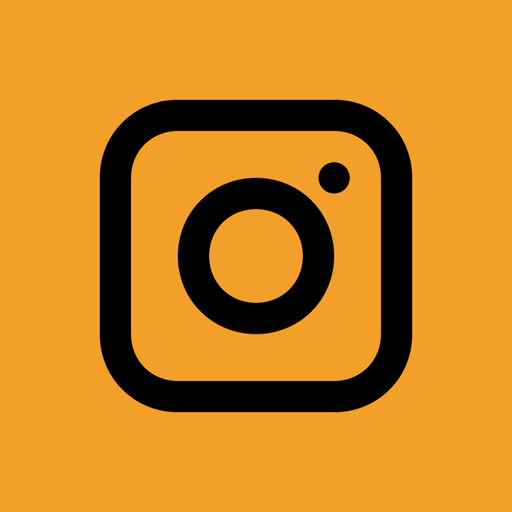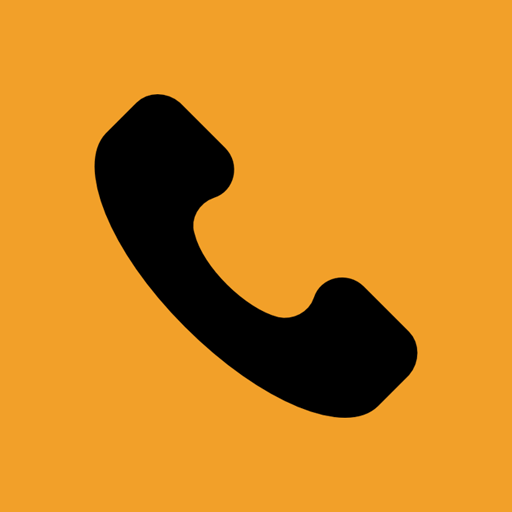Hearing tests are given to newborn babies and children to determine problems early in their development.
Severe hearing problems during childhood are rare, however, early testing proves that early detection have better outcomes.
Why hearing tests are important
Newborn hearing screening is done after birth. It can aid in identifying many babies with substantial hearing loss, and testing subsequently in childhood can pick up any issues that have been missed or have been slowly worsening.
Without hearing tests, there may be a chance that a hearing problem can go undiagnosed for many months or even years. Identifying hearing difficulties as early as possible is essential because they affect your child’s speech and language development, social skills, and education.
Management is more practical if any issues are detected and a plan of action is done accordingly early on. An earlier diagnosis will also help you and your child access any special support services you may need.
When will my child’s hearing be checked?
The doctor may check your child’s hearing:
- Within a few days of birth: A newborn hearing screening test is conducted before you leave the hospital after giving birth. The screening test is a routine for all children, and even those having a home birth will be asked to come to the hospital to have this.
- From 9 months to 2.5 years of age: a routine question is asked if you have any worries about your child’s hearing as part of your baby’s health and development assessments, then hearing tests are scheduled when necessary.
- At around 4 or 5 years old: some kids will have a hearing test when they begin school, which may be performed at a school or a hearing center.
An ENT doctor can also check your child’s hearing at any other time if you have any concerns. Speak to a pediatrician or ENT doctor or m if you’re worried about your child’s hearing.
Newborn hearing screening
Newborn babies are screened for potential hearing problems using two quick and painless tests. The tests are typically performed on the ward before you leave the hospital.
Hearing tests for older babies and children
The pediatrician may use several hearing tests to check for hearing problems in older babies and young children. These are usually undertaken to a hearing clinic. Some of the main tests that may be carried out are described on this page.
Visual reinforcement audiometry
Visual reinforcement audiometry (VRA) is usually used to test hearing in children from approximately six months up to 2.5 years old.
During the test, your child will sit on the parent’s lap or a chair while sounds are presented. Your baby will be taught to look at a light or toy when there is a sound. Once your child can associate the sound and the visible reward, the audiologist will vary the volume and pitch of the sound to determine the quietest sounds your child can hear.
Play audiometry
Young children between 2.5 and 6 years old may have a play audiometry test.
During the test, the audiologist will play sounds through headphones or speakers, and your child will be asked to complete a simple task when they hear the sound. This may range from placing a ball in a pail to completing a puzzle. The audiologist will alter the volume and pitch of the sound to determine the quietest sounds your child can hear.
Pure tone audiometry
Older children may take the test called pure tone audiometry. The test is usually used to screen a child’s hearing before they start school and is occasionally referred to as the “sweep test.” This test is similar to an adult’s screening test.
A device generates sounds at different volumes and frequencies during pure tone audiometry. The audiologist will play sounds through headphones, and your child is asked to react by pressing a button when they hear. The audiologist can work out the quietest sounds your child can hear by adjusting the volume.
Tympanometry
Tympanometry is a test to evaluate how flexible the eardrum is.
Your eardrum must be adjustable to permit sound to pass through it for good hearing. If the eardrum is too rigid – for example, because there is fluid behind it (glue ear) – sounds will bounce back off the eardrum rather than passing through it.
During the test, a soft rubber tube will be placed at the entrance of your child’s ear. Air is gently blown down the tube, and a sound is played through a small speaker inside it. The tube then gauges the sound that’s bounced back from the ear.
Speak to an ENT doctor or your child’s pediatrician if you’re concerned about your child’s hearing. Your child can have a hearing test at any age. The ENT doctor or Pedia will then suggest you to have your child checked by an audiologist.
Active Hearing Center is a trusted hearing care center in the Philippines with qualified hearing experts across many branches ready to attend to your hearing situation. With decades of experience and branches throughout the Philippines, Active Hearing Center aims to help individuals live their lives out loud again. Or, for your hearing to be brilliant again!
If you notice that your child has trouble hearing, it is time to make an appointment with an audiologist. They can help you better understand your hearing loss and help you make the right choice when it comes to hearing aids compared to buying them online without proper diagnosis and recommendation.









